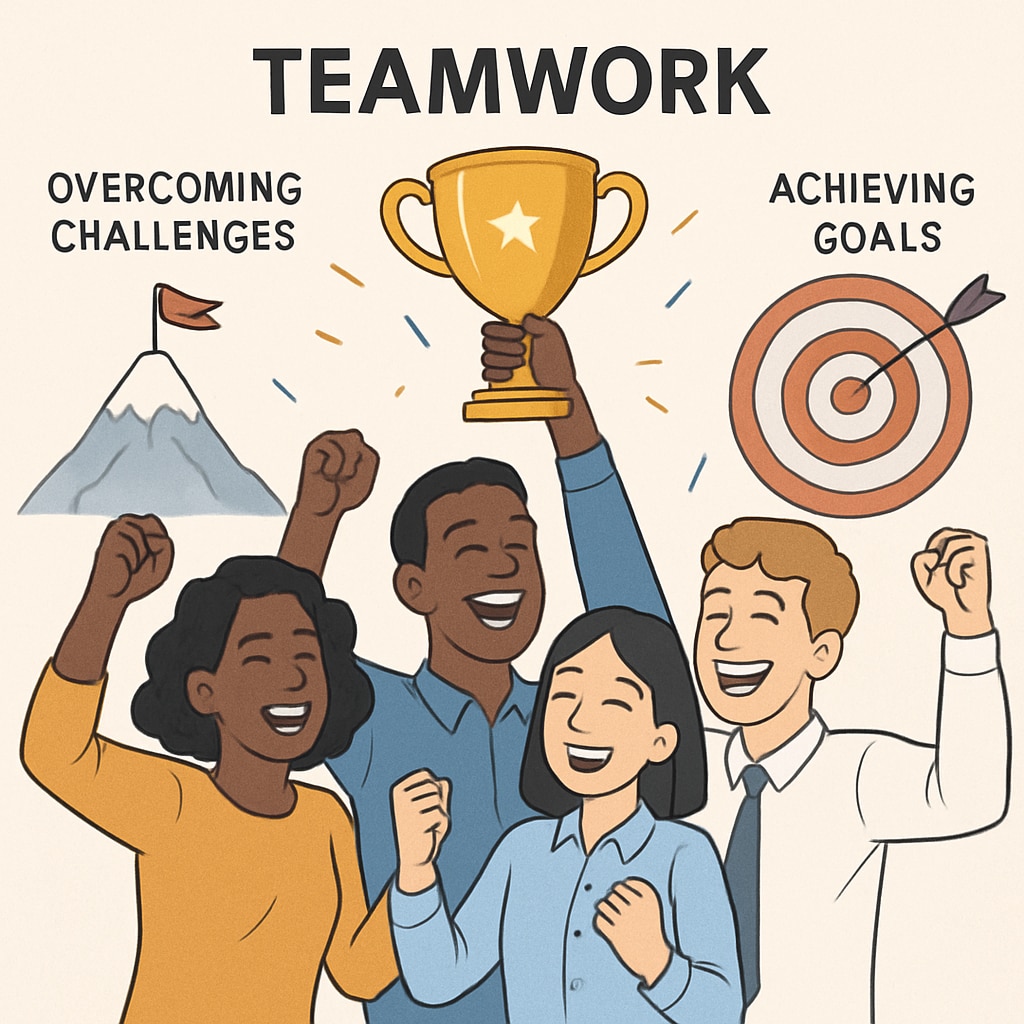Graduating with a modified high school diploma often brings mixed emotions, including regret and uncertainty. While this alternative path may have been necessary due to academic or personal challenges, many graduates later wonder if it has limited their opportunities. This article delves into the psychological impact of earning a modified diploma, the long-term implications of such educational choices, and practical strategies to overcome these hurdles and create new opportunities for success.
The Emotional Impact of a Modified Diploma
For many students, earning a modified diploma instead of a traditional high school diploma can be a bittersweet experience. While it signifies completion, it sometimes carries a stigma or feelings of inadequacy. Graduates may feel regret, questioning whether they could have pushed harder to meet traditional diploma requirements. Additionally, the modified diploma may present challenges when applying for colleges, scholarships, or certain jobs.

It’s essential to acknowledge these emotions and understand that regret is a natural response to perceived limitations. However, dwelling on the past can hinder progress. Instead, graduates must focus on actionable steps to move forward, leveraging their unique strengths and exploring alternative paths to success.
Understanding the Long-Term Implications
A modified diploma can influence future opportunities, but it does not define a person’s potential. Some institutions and employers may prioritize traditional diplomas or specific academic achievements, but many value real-world skills, determination, and the ability to learn and adapt. For example, vocational schools, community colleges, and online learning platforms often provide accessible options for continued education.
Moreover, success stories abound of individuals who overcame educational setbacks to build thriving careers. Therefore, the long-term impact of graduating with a modified diploma largely depends on how individuals approach their next steps. By developing a proactive mindset and embracing opportunities for growth, graduates can shift the narrative around their educational journey.
Practical Steps to Transform Regret into Opportunity
If you’re feeling stuck or regretful about graduating with a modified diploma, consider these practical steps to move forward:
- Continue Your Education: Enroll in a community college or vocational training program to gain new skills and credentials. Many institutions accept students with modified diplomas and can serve as stepping stones to further academic or career advancement.
- Explore Certifications: Industry-specific certifications can boost your employability and showcase your expertise, regardless of your diploma type.
- Build a Strong Resume: Highlight transferable skills, internships, volunteer work, and personal achievements to demonstrate your potential to employers.
- Seek Mentorship: Connect with professionals in your desired field who can guide you and offer valuable advice on overcoming educational barriers.
- Adopt a Growth Mindset: Focus on continuous improvement, setting realistic goals, and celebrating progress along the way.

Embracing a Brighter Future
Graduating with a modified high school diploma is not the end of the road—it’s a unique starting point. By embracing resilience, determination, and creativity, graduates can turn perceived setbacks into stepping stones. Whether through education, career exploration, or personal development, there are numerous avenues to achieve success and fulfillment.
Remember, your diploma does not define you. What matters most is your willingness to learn, grow, and adapt. With the right mindset and resources, you can transform regret into opportunity and build a future full of possibilities.
Readability guidance: This article uses short paragraphs, a clear structure, and actionable advice to ensure accessibility. Transition words like “however,” “therefore,” and “for example” are incorporated to improve flow. Lists are included to summarize key points, and passive voice is minimized to maintain an active tone.


